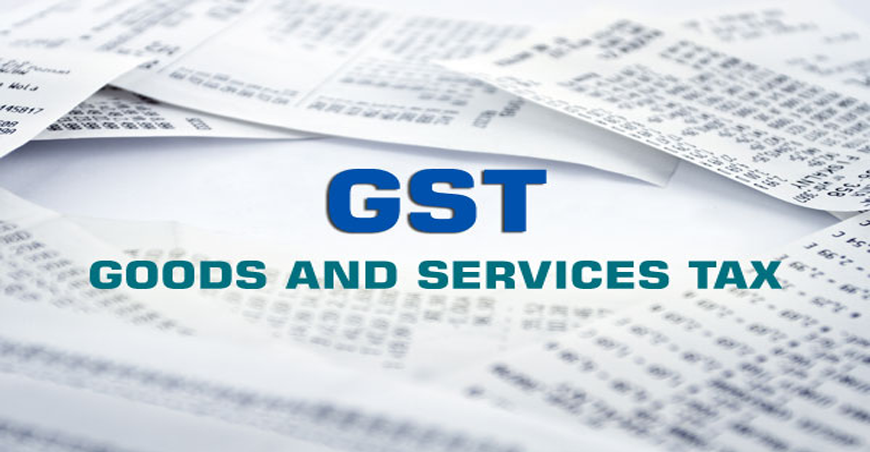All invoices for business-to-business sales by entities beyond a specified turnover threshold will be generated on a centralised government portal by September, a move aimed at curbing the menace of fake invoices and evasion of GST, officials said. The revenue secretary is monitoring the progress of implementation of electronic or e-invoice project for which an officers’ committee has already been set up, they added.
E-invoice for B2B transactions will be rolled out in next three-four months in a phased manner. The entire invoice would have to be generated on a government portal,” an official told .
Once rolled out, the e-invoice project will allow businesses to simultaneously generate e-way bill, if needed,” the official added. E-way bill is required for moving goods exceeding Rs 50,000.
Depending on the success of the project in the B2B segment, the revenue department would be looking at extending it to business-to-consumer (B2C) sales, especially in sectors where the probability of tax evasion is high.
Businesses beyond the specified turnover threshold, to be decided later, would be provided a software which will be linked to the GST Network (GSTN) or a government portal for generating e-invoice. The threshold can also be fixed on the basis of the value of invoice.
The e-invoice generation method will be similar to the one being followed for e-way bill on the ‘ewaybill.nic.in’ portal or payment of GST on the GSTN portal.
A 13-member officers’ committee, comprising central and state tax officials as well as the GST Network Chief Executive, has been set up to look into the feasibility of introducing e-invoice system to streamline generation of invoices and easing compliance burden. The committee will finalise its interim report this month.
The proposed ‘e-invoice’ is part of the exercise to check GST evasion. With almost two years into GST implementation, the government is now focussing on anti-evasion measures to shore up revenue and increase compliance.
There are over 1.21 crore registered businesses under the GST, of which 20 lakh are under the composition scheme.

